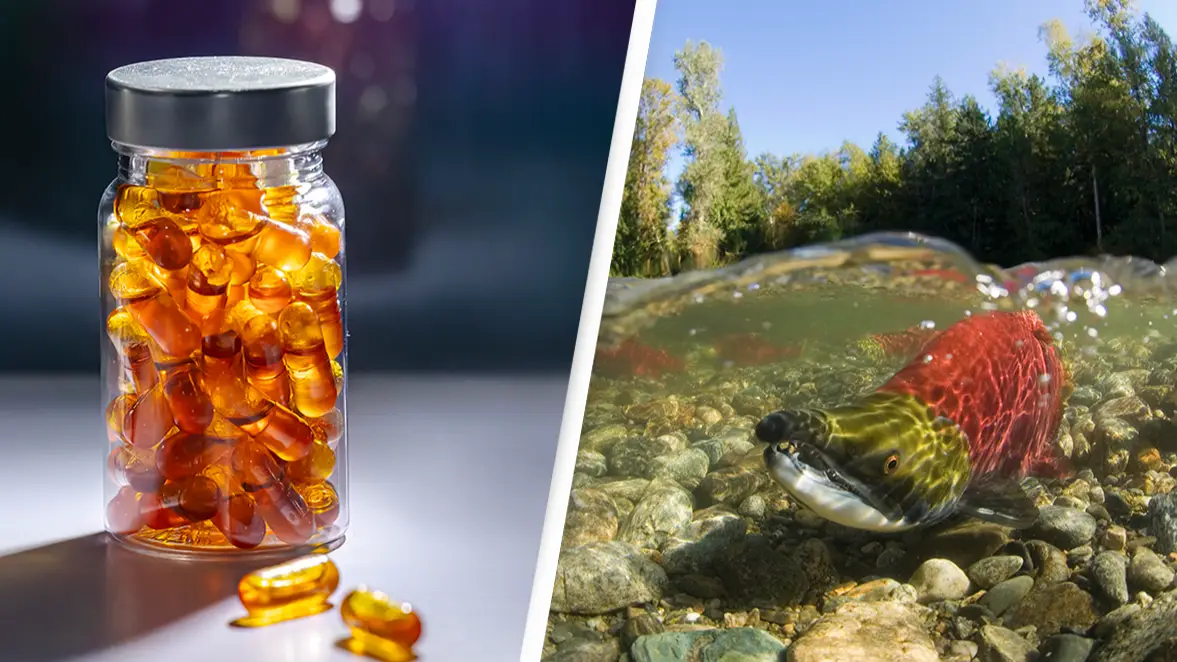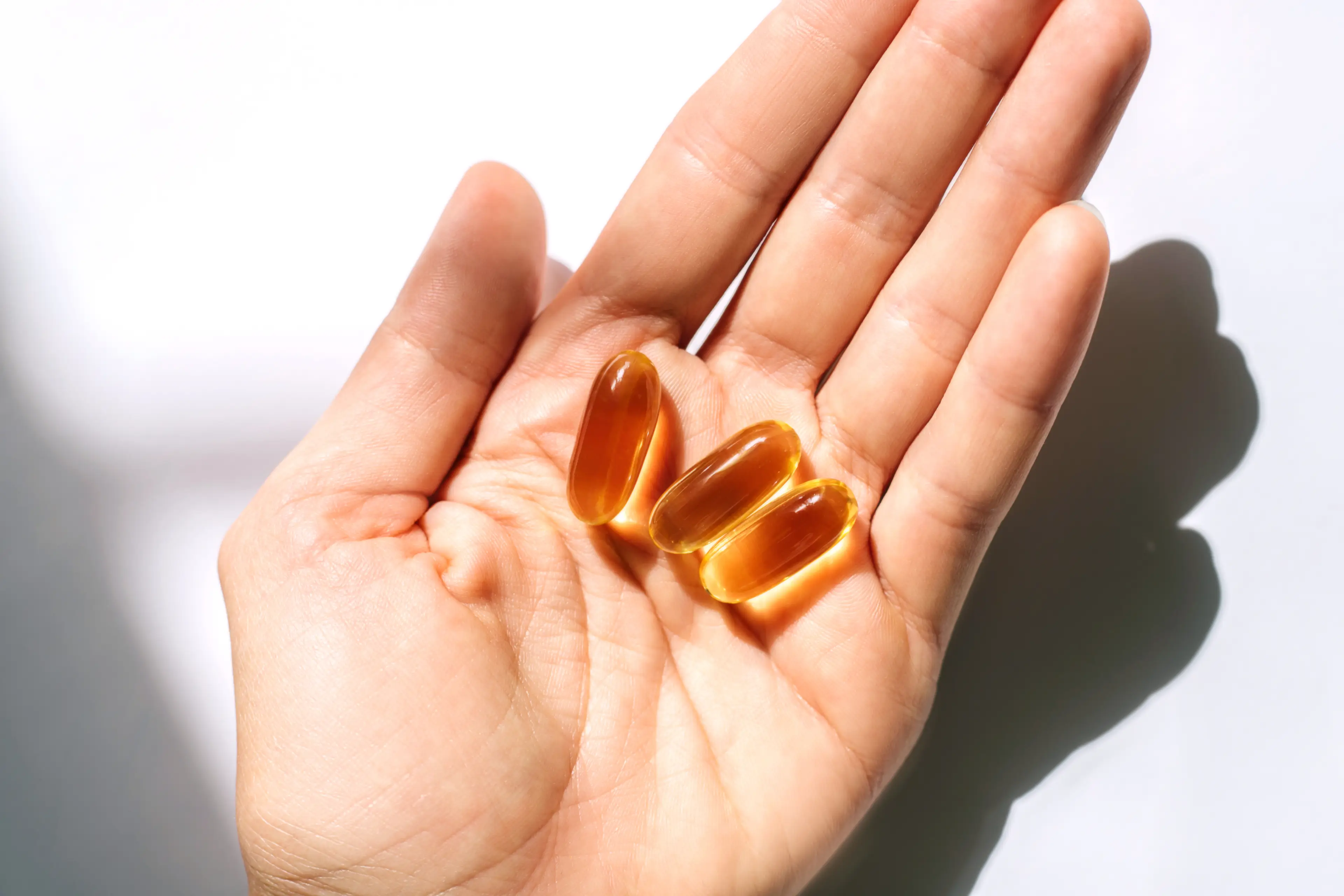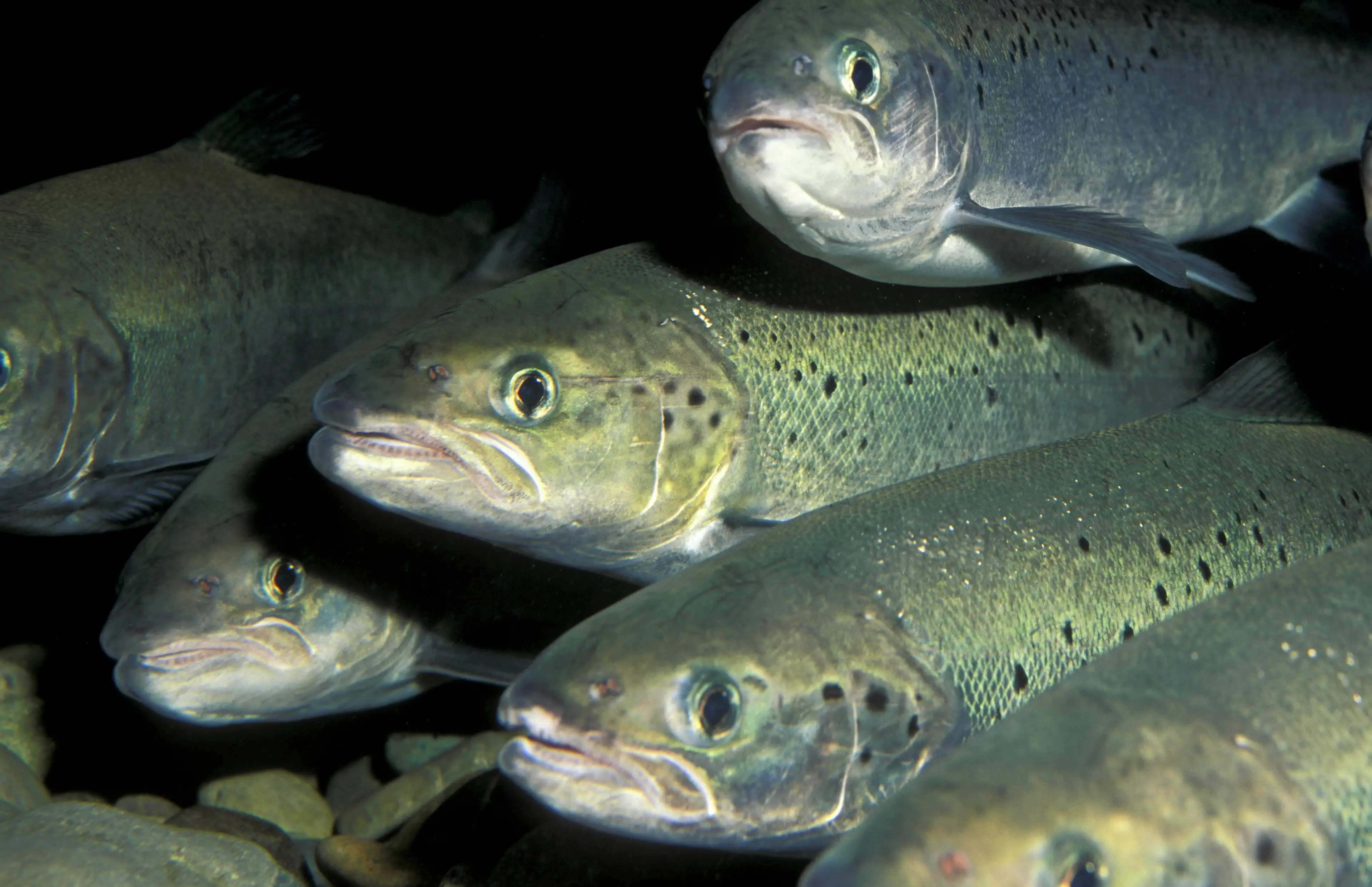
A seafood expert has warned about the environmental effects of the Omega-3 supplement industry and theorized a potential 'game changer' way forward 'for the planet'.
2024 seems to be the year where everyone's started to hop on the health train of getting into running, downing our green juices and taking our supplements - but when you pop an Omega-3 tablet, what impact do the pills have on the rest of the planet?
Why people take Omega-3 supplements
Paul Greenberg, a fisherman and author whose work focuses on seafood and the environment, appeared on an episode of the podcast Gastro Pod - released 4 June, 2024. The episode, titled Omega 1-2-3, saw Greenberg - alongside hosts Nicola Twilley, Cynthia Graber and epidemiologist Joann Manson, discuss the Omega-3 industry.
Omega-3's are 'fatty acids' which are considered 'healthy fats'.
Advert
"[Omega-3's] Help all the cells in your body function as they should. They’re a vital part of your cell membranes, helping to provide structure and supporting interactions between cells' and also considered to 'support your heart health," Cleveland Clinic explains.
When people don't feel like they're getting enough Omega-3 in their food diet, they sometimes rely on daily supplements of the fatty acids instead in the form of pills bought from the drug store - supplements made by farming fish, killing them and taking their oil.
As Twilley notes, Omega-3s are pretty important, because they play a role in the 'parts of the eye that pick up light' meaning us humans would be unable to see without them, your brain also needs them to be able to send signals so quickly. It's subsequently no surprise given Omega-3s benefits and how health conscious many are today that Greenberg estimates the industry is worth around $15 billion and Omega-3 supplements are 'one of the world’s most profitable supplements' but at what cost to the environment?

Environmental impact of Omega-3 industry
Well, Twilley reflects: "We don’t really know the environmental impact of our hunger for Omega-3s. But it’s a safe bet that there is one, and it isn’t great."
Omega-3 supplements are typically made from farmed salmon which is being fed Peruvian anchoveta - a species of fish of the anchovy family - which feeds on microscopic algae.
While Greenberg notes there's 'nothing wrong' with this process - anchoveta made into 'pellets' sent to 'feed salmon' - he thinks we could 'probably do a lot better'.
"What’s lost is that pound for pound, you are getting less food at the end by feeding the small fish to the big fish, than if you just ate the small fish. So it’s a waste. Not to mention the energy you use to reduce the small fish into pellets and ship them around the world."

Other options
Instead, we could just eat the anchoveta 'directly' or leave 'more in the oceans for all the other sea creatures' or Greenberg argues to focus on the 'tiny microscopic phytoplankton, basically algae' in which Omega-3 truly originate from.
Greenberg questions: "Why kill hundreds of millions of billions of fish every year to reduce into the supplement, when you could grow them using algae which would actually sequester carbon and do all these other kinds of things in the process."
Right now, algae-based supplements are 'really expensive' and aren't being used as salmon feed, but Twilley notes: "Hopefully that’ll change in the future. If farmed fish were being fed algae-based Omega-3—well, Paul says, that would be a game changer for the planet."
It could also be more advantageous for humans' health in the future too, Manson resolving: "I think the primary recommendation is to try to increase consumption of fish and not to jump to popping a pill."
Eating fish opposed to popping a pill also thought to take 'the place of eating something that's not quite as good for you' such as saturated fat or processed food.
Topics: Animals, Environment, Health, Science, World News